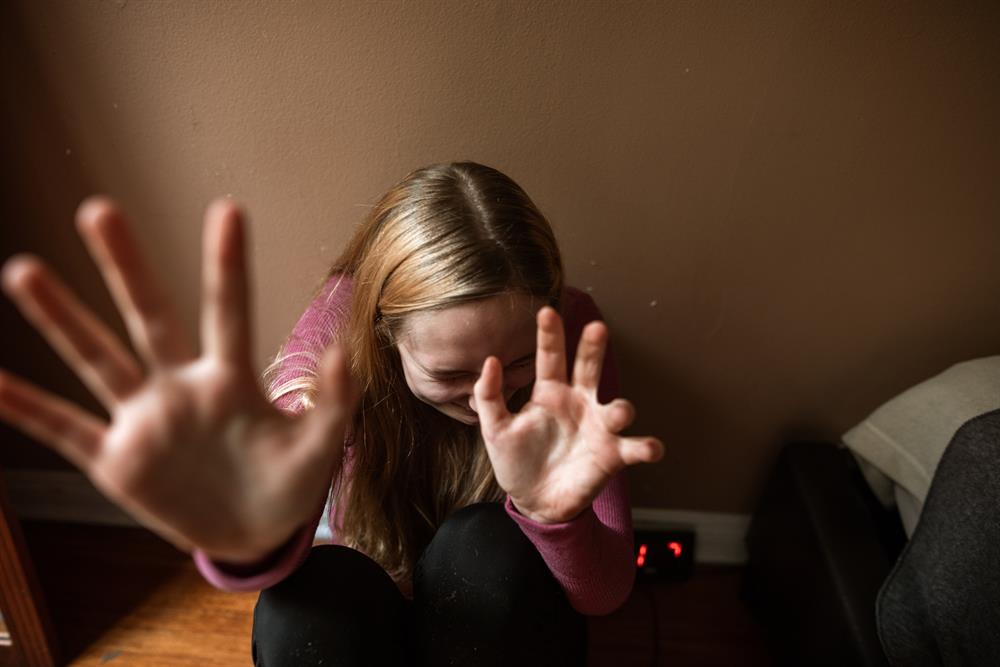GEORGE NEWS - South Africa has a very high prevalence of gender-based violence (GBV). The World Health Organisation reports that our rate of femicide is five times more than the global average.
In light of these shocking statistics, the laws in GBV and sexual offences are being tightened and there were a few amendment bills announced to close loopholes and curb the exploitation of the legal system by perpetrators of GBV.
Following a relatively expedited legislative process, the Domestic Violence Amendment Act 14 of 2021 (DVAA) came into operation on 14 April this year.
The DVAA - which amends the Domestic Violence Act 116 of 1998 (DVA) - is one Act in a set of three, which are colloquially referred to as the "Gender-Based Violence Amendment Acts" (GBV Amendment Acts).
Expansion of the National Register of Sex Offenders and related matters
The scope of the National Register of Sex Offenders (NRSO) has been expanded. Previously, the NRSO only included sex offenders who were found guilty of sexual offences against children and mentally disabled persons.
The current position is that any person who has been convicted of a sexual offence, must have his/her details included in the NRSO regardless of who the victim is.
What other changes do the amendments bring?
GBV is an extremely complex societal issue which requires that the law constantly evolves to address any gaps and loopholes in the legal system. Changes include the following:
- Duty to report commission of acts of domestic violence
A person who has knowledge that an act of domestic violence has been committed against an adult in a domestic relationship must report such knowledge immediately to a social worker or police official. A person who fails to report such knowledge, is guilty of an offence and is liable on conviction to a fine or to imprisonment for a period not exceeding five years or to both a fine and such imprisonment.
- Electronic submissions of applications for protection orders
Applications for protection orders may now be submitted electronically via email or through a dedicated online portal.
- Introduction of the domestic violence safety monitoring notice (Notice)
This is for complainants who share a residence with a respondent, and reasonably suspect that the respondent poses a threat to their personal safety. They may apply for a Notice in addition to a protection order.
- Obligations for electronic communications service providers
This applies where it is alleged that electronic communication like social media was used to commit an act of domestic violence. The court may direct an electronic communications service provider to provide certain information to the courts.
- Mandatory reporting obligations for functionaries
Certain functionaries like medical practitioners, health care personnel, social workers, educators and care-givers, who reasonably suspect that an act of domestic violence has been committed against a child, a disabled person, or an older person, must report such belief or suspicion to a social worker or the police.
- Mandatory reporting obligations
Any adult who knows, or reasonably believes or suspects that an act of domestic violence has been committed against a child, a disabled person, or an older person must report such knowledge, belief or suspicion to a social worker at the police.
- Mandatory prosecutions
No prosecutor may refuse to prosecute a person who has violated the terms of a protection order.
- Integrated electronic repository
An online platform which aims to facilitate accessibility of orders by functionaries in the criminal justice system.
Fighting GBV
The GBV Amendment Act is intended to strengthen the fight against GBV and offer greater support and protection to survivors.
The first notable set of changes introduced by the act is the addition of definitions for several types of domestic abuse, as well as the revision of some pre-existing definitions.
Some of the new additions include definitions for:
Coercive behaviour, controlling behaviour, elder abuse, expose a child to domestic violence, sexual harassment and spiritual abuse, among others.
Revised definitions include changes to the definitions of harassment, physical abuse, sexual abuse, emotional, verbal or psychological abuse, and intimidation, among others.
During the next couple of weeks, George Herald will run a series on specific types of abuse, what they are, what the law says, the psychology behind it and where to find help.
Where to find help locally
In George victims of intimate partner violence can go directly to the Thuthuzela office at George Hospital for help.
However, it is important to remember to first open a case with the police to get a case number from where Thuthuzela can further assist.
"Victims do not have to wait long to be seen if they report to Thuthuzela and we can then refer them to court for a protection order and for the necessary counselling or to work out a safety plan for them. If they are so badly injured that they are brought to the hospital by ambulance, the doctor will refer them to us after they have been stabilised and treated medically," says Thuthuzela's Angelique Vezasie.
 Revised definitions include changes to the definitions of physical abuse.
Revised definitions include changes to the definitions of physical abuse.
Victims of gender-based violence or intimate partner violence can contact one of the following organisations for help:
Thuthuzela Care Centre
- avezasie@npa.gov.za
- Mmaluma@npa.gov.za
- 044 802 4429
- 044 802 4406
Social worker at the Department of Social Development
- Marisha.Saul@westerncape.gov.za
- 044 814 1920
Famsa
- george@famsa.org.za
- 044 874 5811
- WhattsApp - 079 030 7808
Phambili Shelter
- phambilirefuge2@cads.co.za
- 044 875 1551
 Revised definitions include changes to the definitions of verbal or psychological abuse, among others.
Revised definitions include changes to the definitions of verbal or psychological abuse, among others.
‘We bring you the latest Garden Route, Hessequa, Karoo news’
















